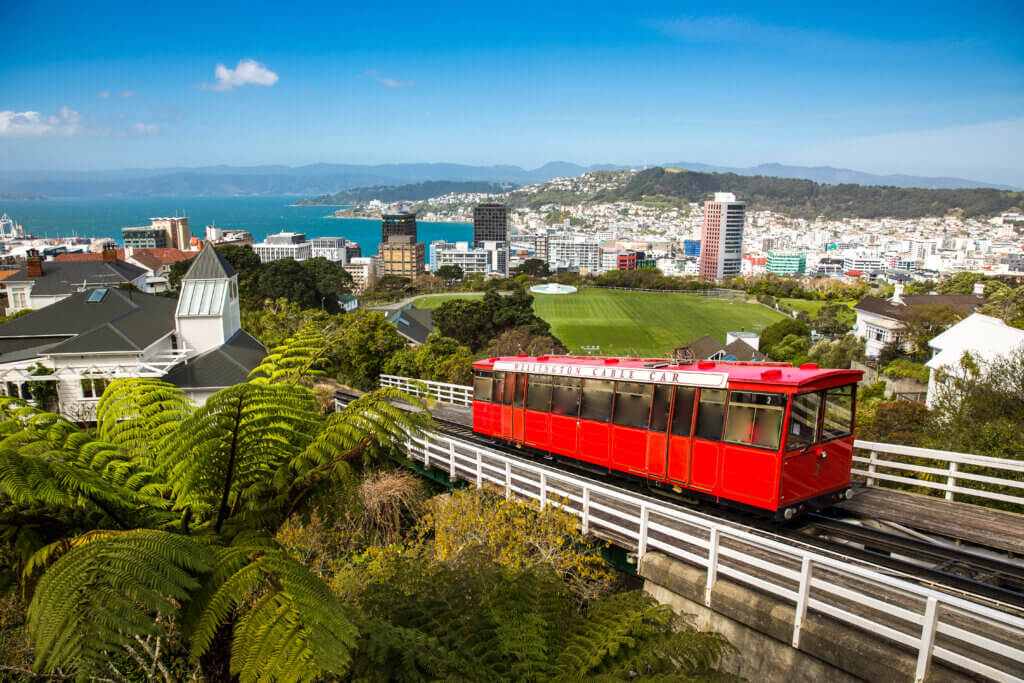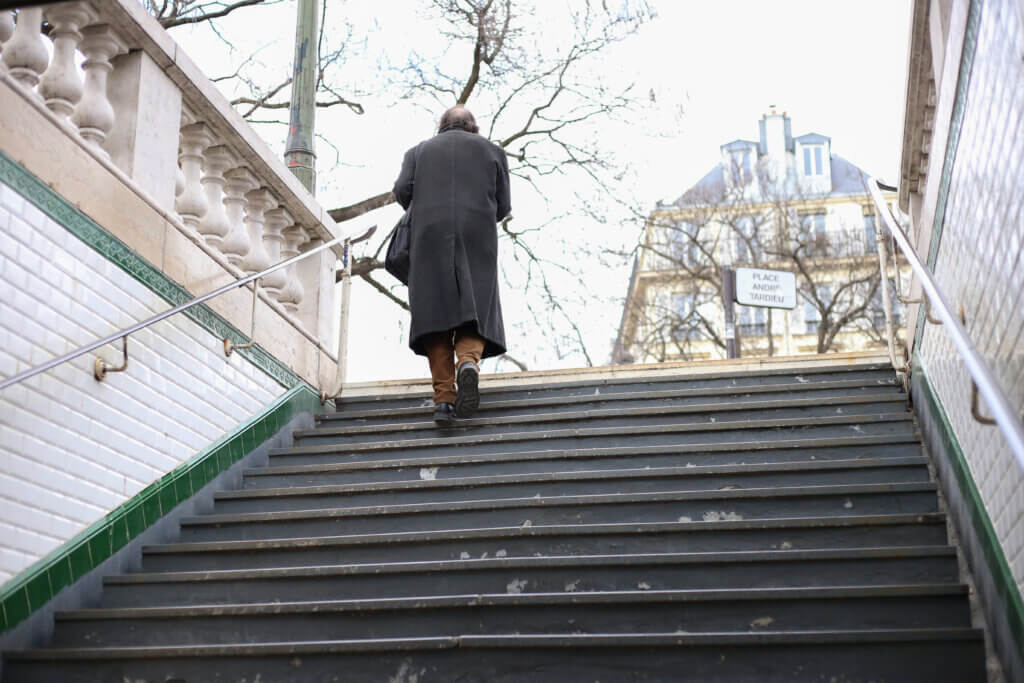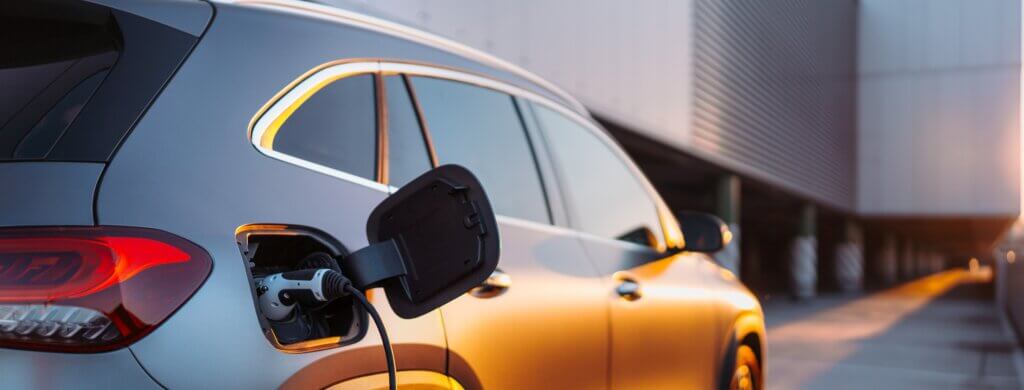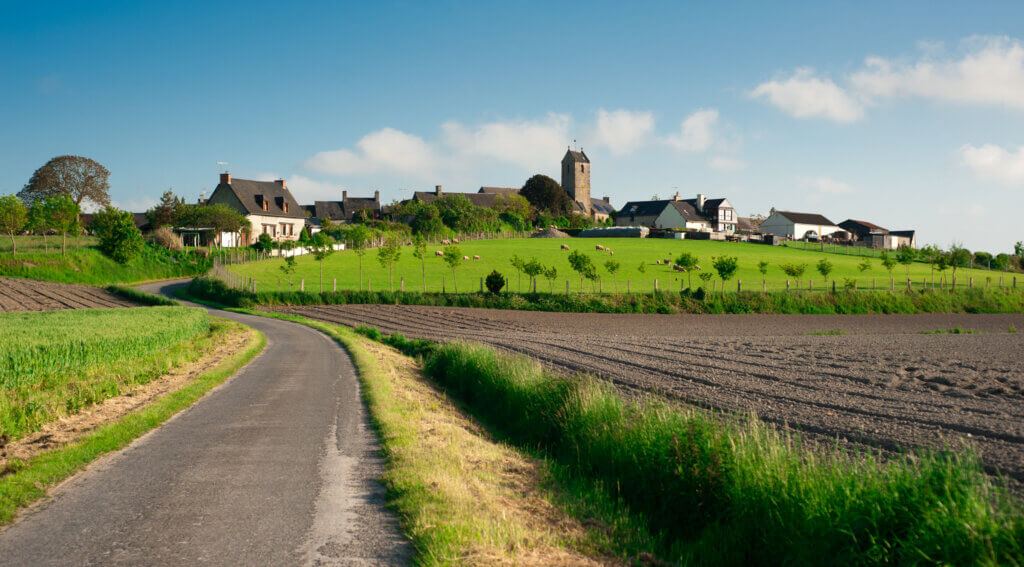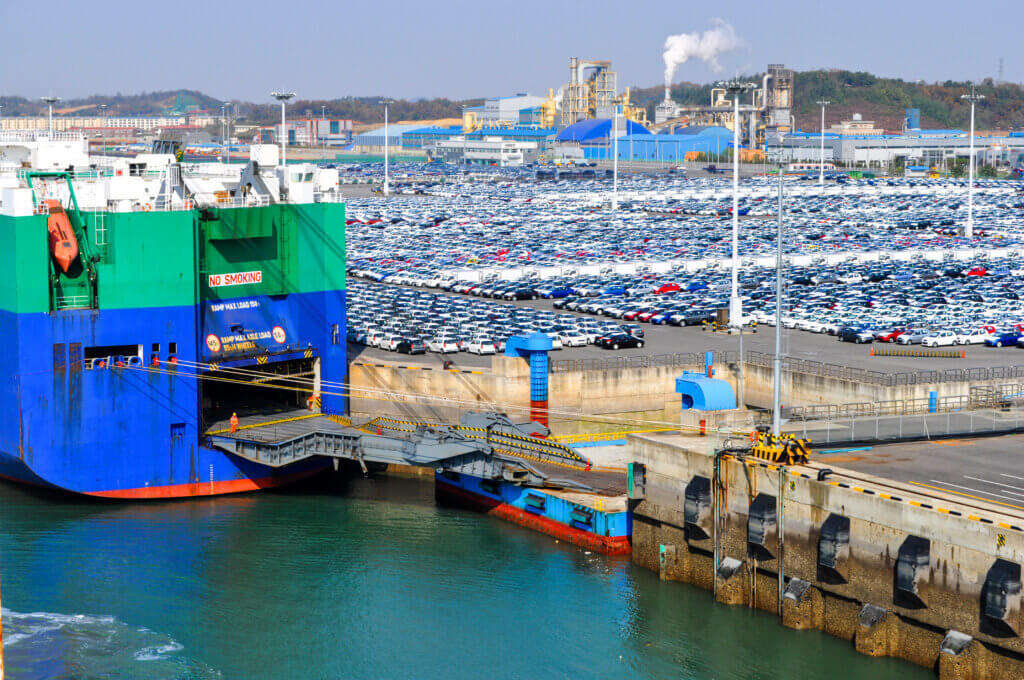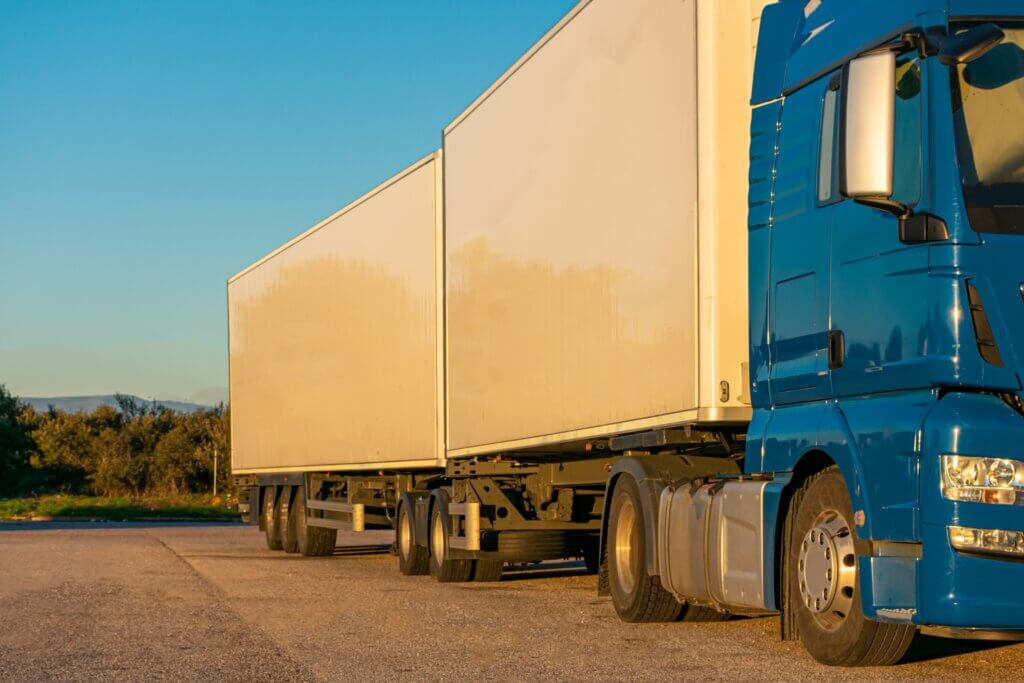Australians Begin to Climb Aboard Electric Buses
While Australians have been somewhat reluctant to adopt electric cars for personal use – range anxiety is real in a country of such great distances – Australian transportation experts and administrators have made more progress in the realm of electric buses.
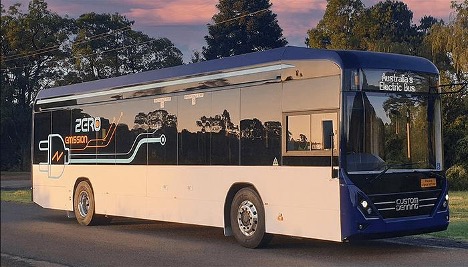
While Australians have been somewhat reluctant to adopt electric cars for personal use – range anxiety is real in a country of such great distances – Australian transportation experts and admins have made more progress in the realm of electric buses.
For the record, the distances across the many landscapes of Australia are vast. This is the planet’s sixth largest country after Russia, Canada, China, the USA, and Brazil.
From Australia’s most northerly point, Cape York on the tip of the Cape York Peninsula in the State of Queensland, it is 3,860 kilometres to the continent’s most southerly point: South East Cape, part of the island State of Tasmania’s isolated southern coastline.
From east to west Australia is almost 4,000 kilometres wide.
Long and wide, Australia is criss-crossed by a network of roads and public transport by bus is popular. But today, most buses are still powered by diesel and natural gas – both fossil fuels that emit the greenhouse gas carbon dioxide (CO2) when burned.
Last month The Australia Institute reported that despite promises from state governments just 200 out of 100,000 buses in Australia are electric, making up just 0.2 of the nation’s fleet.
Transport is Australia’s third largest source of greenhouse gas emissions, with emissions increasing nearly 60 percent since 1990, more than any other sector, according to the country’s Climate Council.
Electric buses are coming to Australia more quickly now that the political commitment has been made to reach net zero emissions by 2050. The policy goal was announced in October 2021 by then Australian Prime Minister Scott Morrison.
This is an action all countries are being called upon to take to protect the climate, insofar as possible, from the disastrous storms, sea level rise, wildfires, droughts and floods from a changing climate.
While the adoption of electric buses in Australia is still in its infancy, the industry is active, and all of the country’s seven states have made electrifying their bus fleets a priority.
New South Wales
Australia’s largest electric bus depot has powered up in its largest city, Sydney, population 5.1 million.
Newly operational, suburban Leichhardt in Sydney’s Inner West is one of 11 depots across Greater Sydney to receive funding from the State of New South Wales for electric charging upgrades.
In December the new depot opened, operating 55 electric buses. A rooftop solar array and onsite battery power the charging infrastructure. The new depot is viewed as a pattern for what electrified public transport could be under New South Wales’ Zero Emission Buses program.
One Sydney resident posted on Disquis, a U.S.-based comment system for blogs, “I remember about 4 years ago when this was just a trial of 3 buses – when I caught one for the first time I was so excited! It was just so nice being on a bus that was quiet, accelerated smoothly, didn’t vibrate at all, and never had that horrible squealing/hissing braking. Oh, and no fumes!”
The multi-billion dollar Zero Emission Buses program is transitioning the state’s 8,000+ diesel and natural gas public transport buses to zero emissions technology. This transition delivers on the NSW Government’s commitment to achieve net zero emissions by 2050, and to provide more comfortable journeys and more liveable communities.
Under the program, another new electric bus depot will be built to serve Macquarie Park, a suburb in the Northern Sydney that hosts Australia’s largest high-tech neighborhood and Macquarie University.
New South Wales Treasurer and Minister for Energy Matt Kean has his eye on the possibilities of emerging technology. “Hydrogen is one of the many ways forward in the heavy transport sector and this will ensure investment in clean technology, grow the economy and support regional jobs,” he said.
The Zero Emission Buses (ZEBS) program will be delivered in stages to allow local stakeholders time to prepare, and new technologies to be integrated. The government expects the transition to be complete in Greater Sydney by 2035, in Outer Metropolitan regions by 2040, and in Regional NSW by 2047.
The first stage of the transition has just begun.
NSW Minister for Transport, Veterans and Western Sydney David Elliott said in December that more than 1,200 new buses will be manufactured under the ZEBS program as part of a plan to eventually replace the entire fleet with electric vehicles.
“THE RELEASE OF $3 BILLION BY THE NSW GOVERNMENT WILL NOT ONLY BENEFIT THE ENVIRONMENT BUT WILL ALSO PROVIDE A SPARK FOR LOCAL INDUSTRY, INCLUDING ACROSS WESTERN SYDNEY WHERE SOME OF THESE BUSES ARE ALREADY BEING MADE.”
– David Elliott, New South Wales Minister for Transport
The electric buses are being manufactured by Australia’s oldest bus maker, Custom Denning, founded in 1935. The Custom Denning Element electric bus can travel up to 500 kilometres and can seat up to 45 passengers.
By 2028, the NSW Government expects to have 1,200 electric buses on the streets of Greater Sydney.
Western Australia
Across the vast continental country, 3,929 km away from Sydney via National Highway A1, lies the city of Perth, population roughly 30,000, the capital of the State of Western Australia.
The West Australian Government of Prime Minister Mark McGowan has decided to invest $125 million in an electric bus program that will commit to building 130 new locally-made electric buses and upgrade depots to accommodate charging infrastructure.
Combined with a $125 million commitment from the Labor Government of Prime Minister Anthony Albanese, the $250 million program will deliver 130 new locally-built electric buses and charging infrastructure at key depots.
The decision comes three years after the West Australia Government decided to buy 900 diesel buses, which emit greenhouse gases.
But not this time. Roughly $22 million of the new funds will be used to buy 18 new electric buses and install charging infrastructure.
The funding will expand upon the existing electric bus trial on one route, which has seen four battery-electric vehicles supplied through the Public Transport Authority’s existing bus agreement with Volvo to operate within the northern suburbs.
The electric buses have carried more than 250,000 passengers in the first 12 months and covered more than 140,000km, saving 230 tonnes of carbon dioxide emissions.
As part of the trial, one Perth bus depot received a high-voltage EV charging system which allows electric buses to be recharged overnight through a combination of the existing grid network and a 100kW solar array connected to a large on-site battery storage system.
Announcing the decision in late April, Premier Mark McGowan declared, “Electric vehicles are the future, and this investment will ensure Western Australia’s public transport network is clean and green for our net-zero future.”
“Importantly, we will build these buses right here in Western Australia, creating local manufacturing jobs and supporting local businesses,” Premier McGowan said.
South Australia
In 2022 there were 24 electric hybrid buses in service across the Adelaide Metro network. The first new-generation electric hybrid buses began operations in the city of Adelaide during November 2022.
Adelaide Metro took delivery of the first battery electric bus in January 2023, and is now in transition from a diesel to a hybrid bus fleet.
However, said the South Australia Department for Infrastructure and Transport, “further assessment is required to inform a full transition plan and business case that determines funding requirements to achieve a zero-emission bus fleet.”
Advice on the implications of an accelerated rate of electric bus uptake from 2025 will be considered, as part of the department’s target to make South Australia’s bus fleet 100 percent electric by 2050.
Queensland
The State of Queensland, too, aims to manufacture electric buses. In March, the Queensland Government announced that a Zero Emission Bus Program will help the state to achieve renewable energy goals.
“Our program aims to reduce bus fleet emissions by 50 percent by 2030 and 80 percent by 2035,” the government said in a statement. “The South East Queensland diesel bus fleet emits over 12,000t of CO2 a month.”
New buses added to the South East Queensland fleet will be zero-emission from 2025. Regional Queensland buses will start the zero-emission journey soon after.
The program will support increased public transport demand for the Brisbane 2032 Olympic and Paralympic Games, and would help to achieve Queensland’s goals of 50 percent renewable energy by 2030 and 30 percent emissions reduction below 2005 levels by 2030.
The Queensland Electric Super Highway connects electric vehicle drivers across the state and includes fast charging locations installed in convenient, safe locations close to major highways where there are cafes, restaurants and shops.
Phase 3 of the Queensland Electric Super Highway adds an extra 24 locations to the network to link more regional and rural locations. It will deliver further connections along the Queensland/New South Wales border. Once complete, Phase 3 will enable Queenslanders and visitors to travel across the state and use any of its 55 fast charging sites.
Victoria
Victoria’s first all-electric bus depot operated by Melbourne-based bus operator Ventura is powering up, hitting a major milestone in the state’s aim to be zero net emissions free by 2050.
The development is a part of the State Government of Victoria’s A$20 million Zero Emissions Bus Trial. It aims to support the transition to zero emissions of 4,000 diesel buses in the state’s public fleet, including 2,200 in regional Victoria.
From 2025, all new buses on Victoria’s public transport routes will be zero emissions.
Achieving zero emissions across the bus fleet is critical to Victoria meeting its legislated commitment of net zero emissions by 2050.
Australia’s largest bus body builder Volgren will build the electric bus bodies at their Dandenong South manufacturing facility.
Ventura is taking part in the trial with 12 new zero emission buses going into service, while electrification specialist Zenobē is upgrading the grid connection to support fast chargers.
Within the next year, Victoria’s first all-electric bus depot will house 27 battery electric buses, transporting up to 10,000 people each week and covering more than 1.2 million kilometres a year in and around the northern suburbs.
And to service all these new electric buses, a new purpose-built electric vehicle laboratory located at Kangan Institute’s Automotive Centre of Excellence in Melbourne’s Docklands will provide Australia’s next generation of trained technicians.
Tasmania
Metro Tasmania’s Zero Emission Bus trial consists of two sub-trials of different ZEB technologies, supported by the Tasmanian Government through Renewables, Climate and Future Industries Tasmania.
For the battery electric bus trial in Launceston, up to three battery electric buses will operate on existing Metro routes for two years, from late 2023.
For the fuel cell electric bus trial in the capital city Hobart, up to three fuel cell electric buses will operate on existing Metro routes for three years, from early 2024.
The transport sector is a big contributor to Tasmania’s greenhouse gas emissions, so the Tasmanian Government is funding the trial to learn about how to reduce vehicle emissions, to help Tasmania achieve net zero emissions by 2030.
Tasmania is one of the few places in the world that is already 100 percent self-sufficient in renewable electricity. It can be used to charge a battery electric bus, or to produce green hydrogen gas. The Tasmanian Government is promoting the state as a major potential producer and exporter of green hydrogen.
Northern Territory
In 2021, the Northern Territory Government developed an electric vehicle strategy and implementation plan, following community support for EVs in a 2019 discussion paper.
It addresses climate risk and creates new economic and business opportunities by supporting the uptake of EVs. This includes battery and plug-in hybrid EVs like motorbikes and commercial vehicles, but electric buses are not on the agenda as yet.
Canberra - The Capital
Canberra, a city of 472,000 people, is the country’s capital, known as Australia’s Capital Territory (ACT). In January, Canberra’s growing electric bus fleet received funding for new charging infrastructure at two bus depots.
The ACT Government will invest A$26.3 million over three years to complete critical electrical infrastructure works to supply the depots with the energy required to house and charge up to 300 battery-electric buses.
The new charging infrastructure is the latest step the ACT Government is taking in transitioning to a zero emissions public transport fleet by 2040.
With the first of Canberra’s 12 electric buses now on the road, this announcement locks in the supporting electrical infrastructure to operate the future 90 electric buses currently under procurement for the capital city.
“THIS IS JUST THE START OF OUR PROGRAM THAT WILL SEE CANBERRA EVENTUALLY MOVE TO A COMPLETELY ZERO EMISSIONS PUBLIC TRANSPORT NETWORK THAT IS POWERED BY 100 PERCENT RENEWABLE ELECTRICITY BY 2040 OR EARLIER.”
– Chris Steel, Australian Capital Territory Minister for Transport
“It means we’re on the right path to deliver the world class public transport network Canberrans deserve,” Steel said, “with a mass-transit system in light rail linking north and south of our city, integrated with zero-emissions buses to the suburbs.”
All Movin'On news
in your mailbox
Auteur
Share
Tweets de @movinonconnect
Final chance 4 you to earn up to $1,000 bonus before the championship! 📣
Bet UConn vs. BAMA to claim it: ⤵️
New look, new #OverstockCrazyGoodDeals!
We’re giving away $200 #Overstock gift cards every day 3/30 - 4/5 ONLY here on X 🤑. Tap below and post to see if you’re a winner. 👇
18+/NoPurchNec/USonly/Subj to verification/rules
Learn how to become a Scrum Master in the link below
Sustainable mobility news
Discover the latest trends, analyses per theme, and our next meetings.

